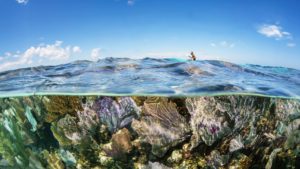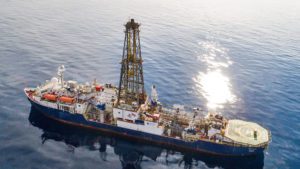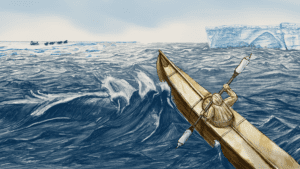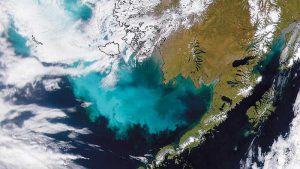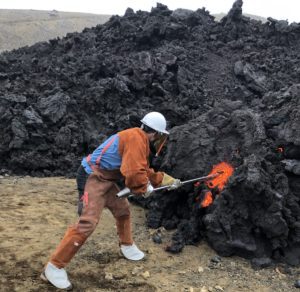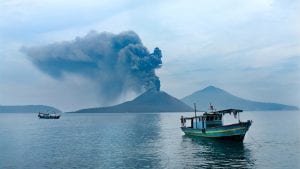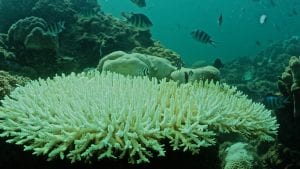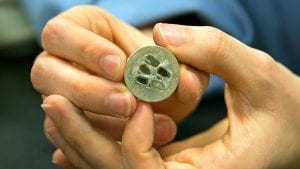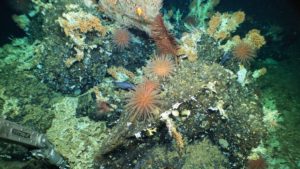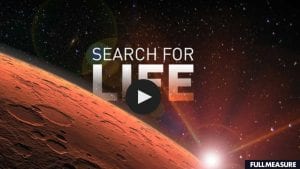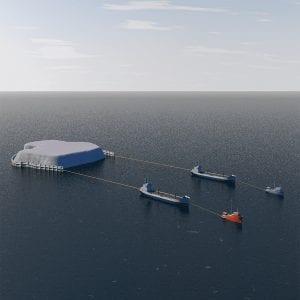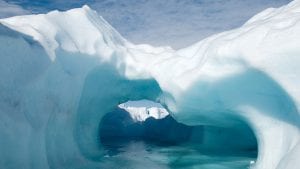Research Highlights
Oceanus Magazine
News Releases
A new study published in the journal Science Advances changes our understanding of how volcanic arc lavas are formed, and may have implications for the study of earthquakes and the risks of volcanic eruption.
New research highlights the devastation caused when global-scale ocean warming interacts with short-lived weather anomalies, and adds urgency to the question of how reefs will fare through the end of this century.
A new WHOI study led by WHOI suggests the mantleâÃÂÃÂthe mostly solid, rocky part of Earth’s interior that lies between its super-heated core and its outer crustal layerâÃÂÃÂmay be hotter than previously believed. The surprising finding could change how scientists think about many issues in Earth science including how ocean basins form.
Henry Dick of the Woods Hole Oceanographic Institution (WHOI) has been named a Fellow of the American Association for the Advancement of Science (AAAS). Election as an AAAS Fellow is an honor bestowed upon association members by their peers.
A new study by researchers from University of Washington (UW), Woods Hole Oceanographic Institution (WHOI), and the University of Southern California, demonstrates that chemical-laden plumes erupted from vents at one section of Mid Ocean Ridge in the SE Pacific can be traced all the way across the Pacific for more than 4000 kilometers. Further, the study shows how the iron transported by this process is ultimately brought to the surface oceans of Antarctica where it is serves as a key life-sustaining micro-nutrient supporting up to 30 percent of all the organic carbon uptake in that ocean.
News & Insights
This week, NASA’s Perseverance Rover lands on Mars to continue the search for life on the Red Planet. At the same time, WHOI scientists and engineers are applying their experience exploring the deepest parts of planet Earth to the quest…
As glaciers melt at unprecedented rates, WHOI’s Simon Pendleton is looking back to historical records to predict whether this new cool runoff will slow ocean circulation and cool the northern hemisphere––findings which could mean adjustments to some climate predictions.

